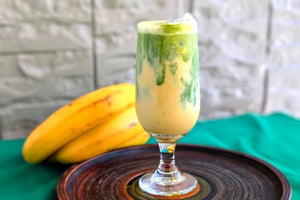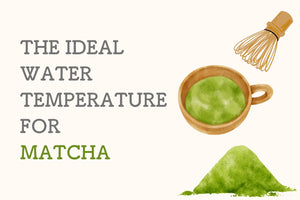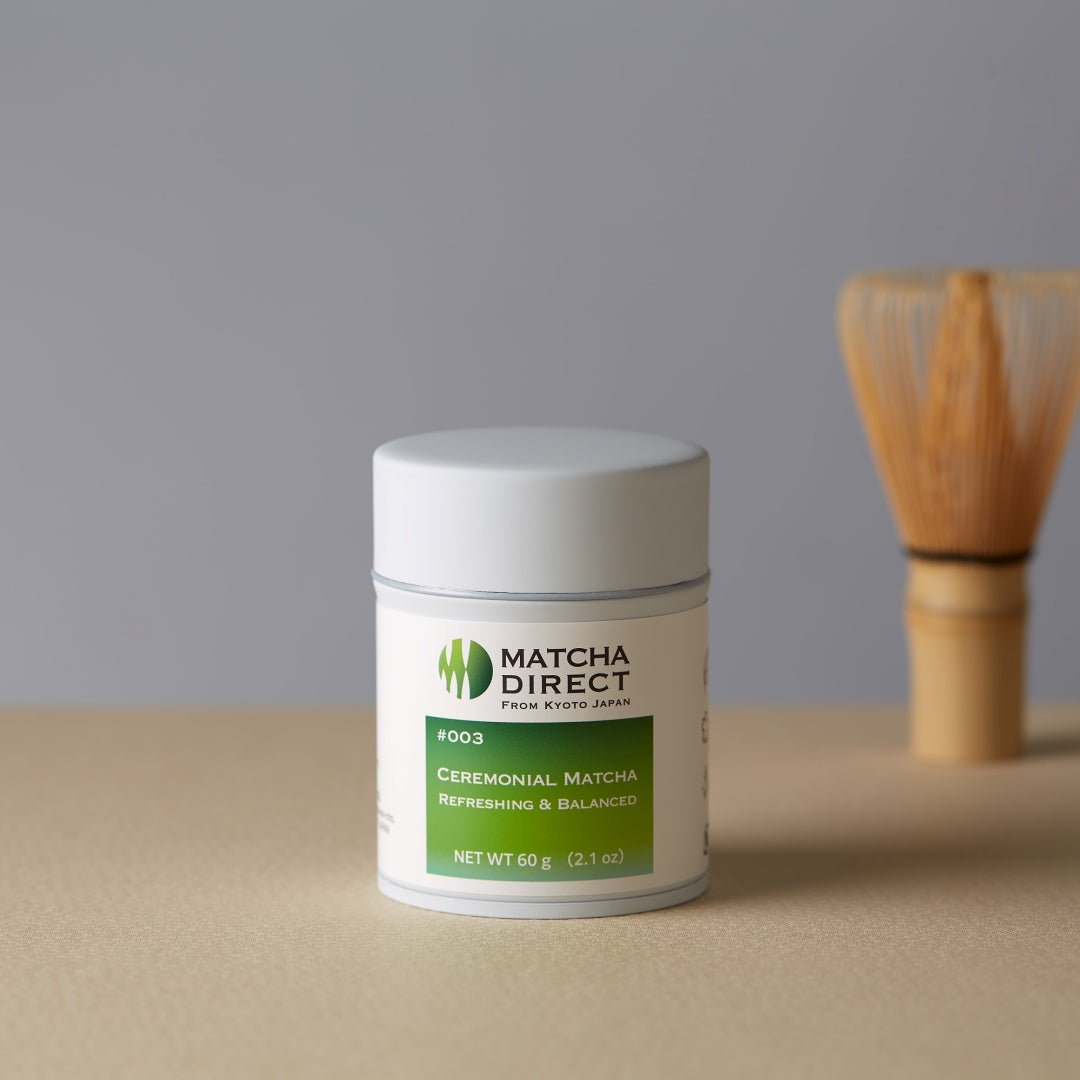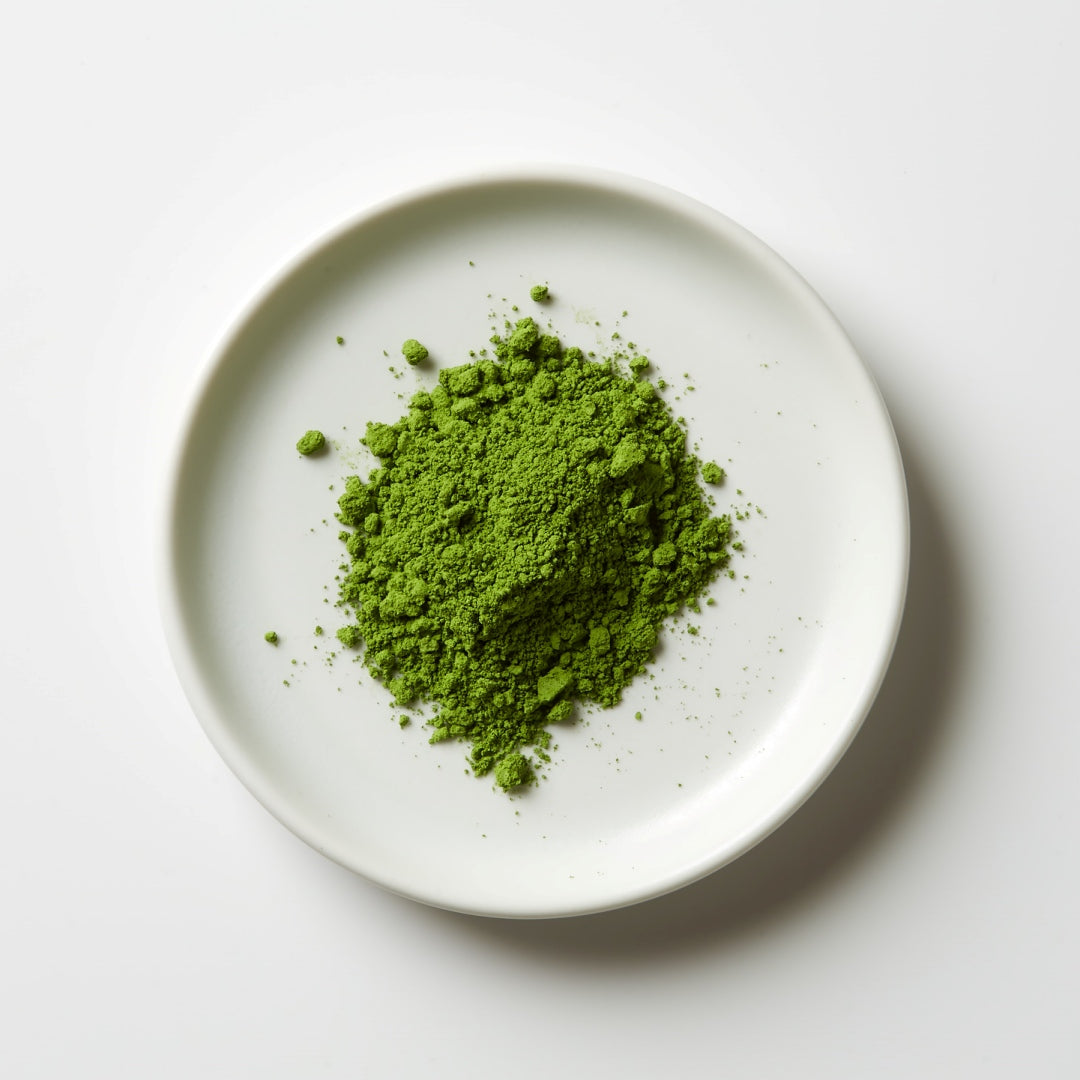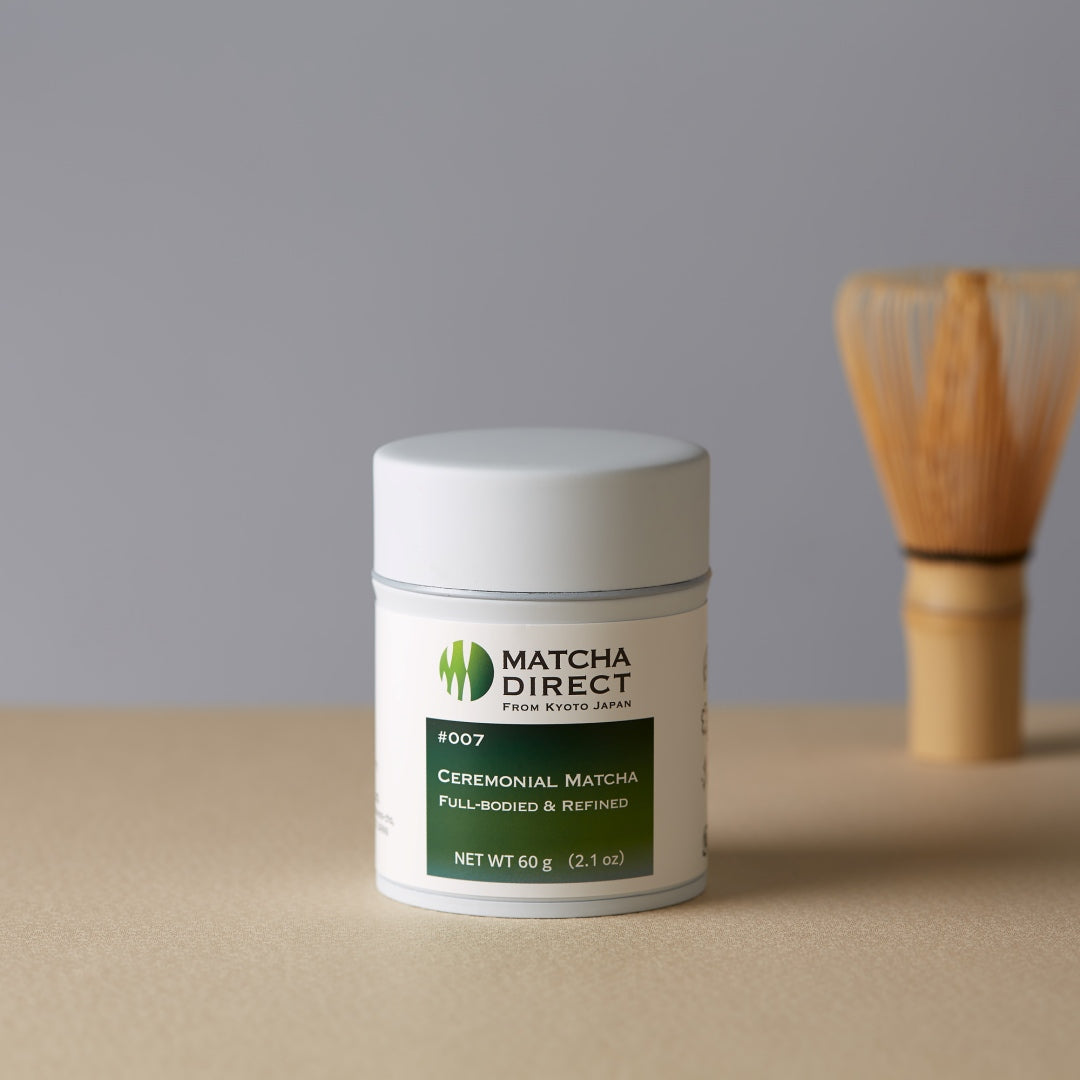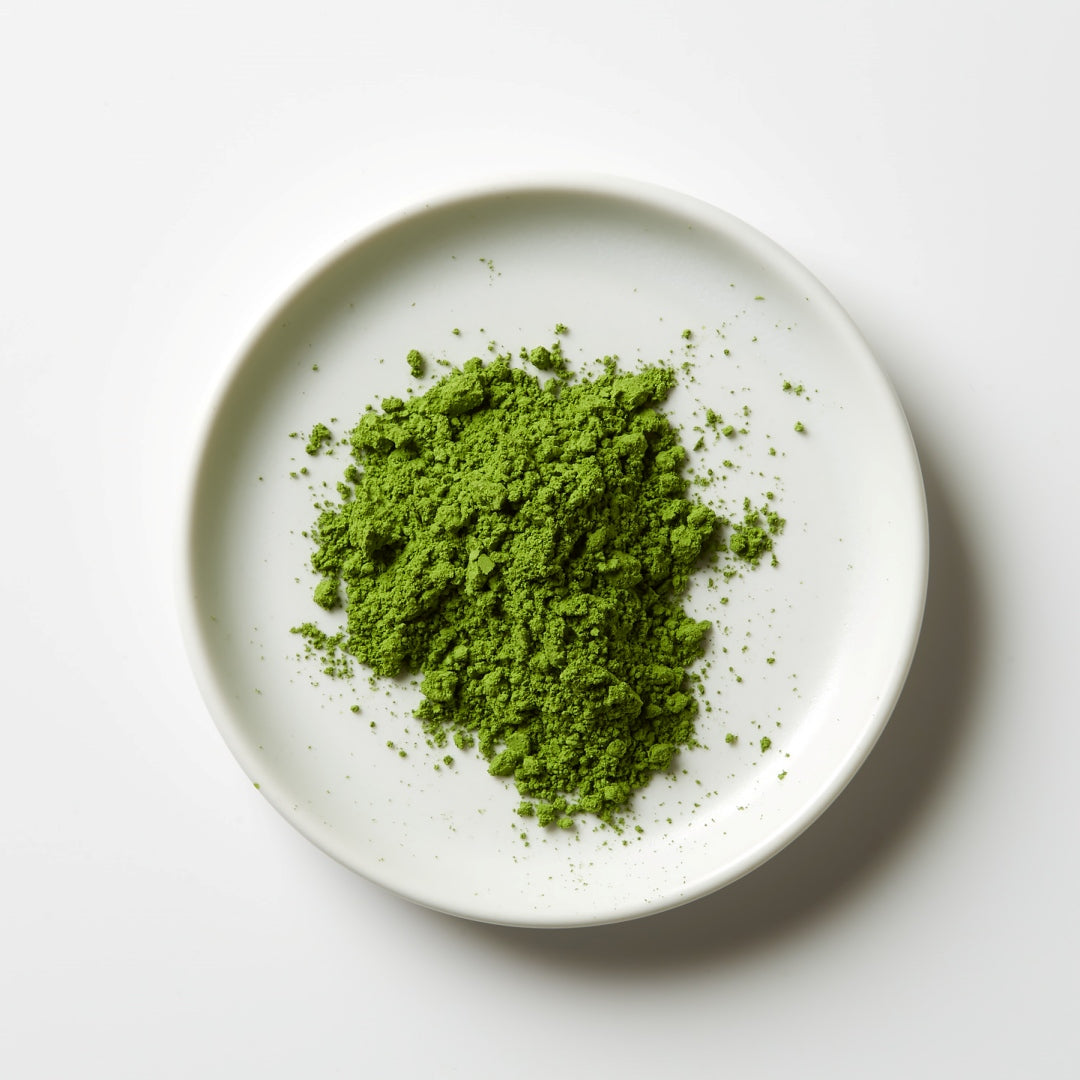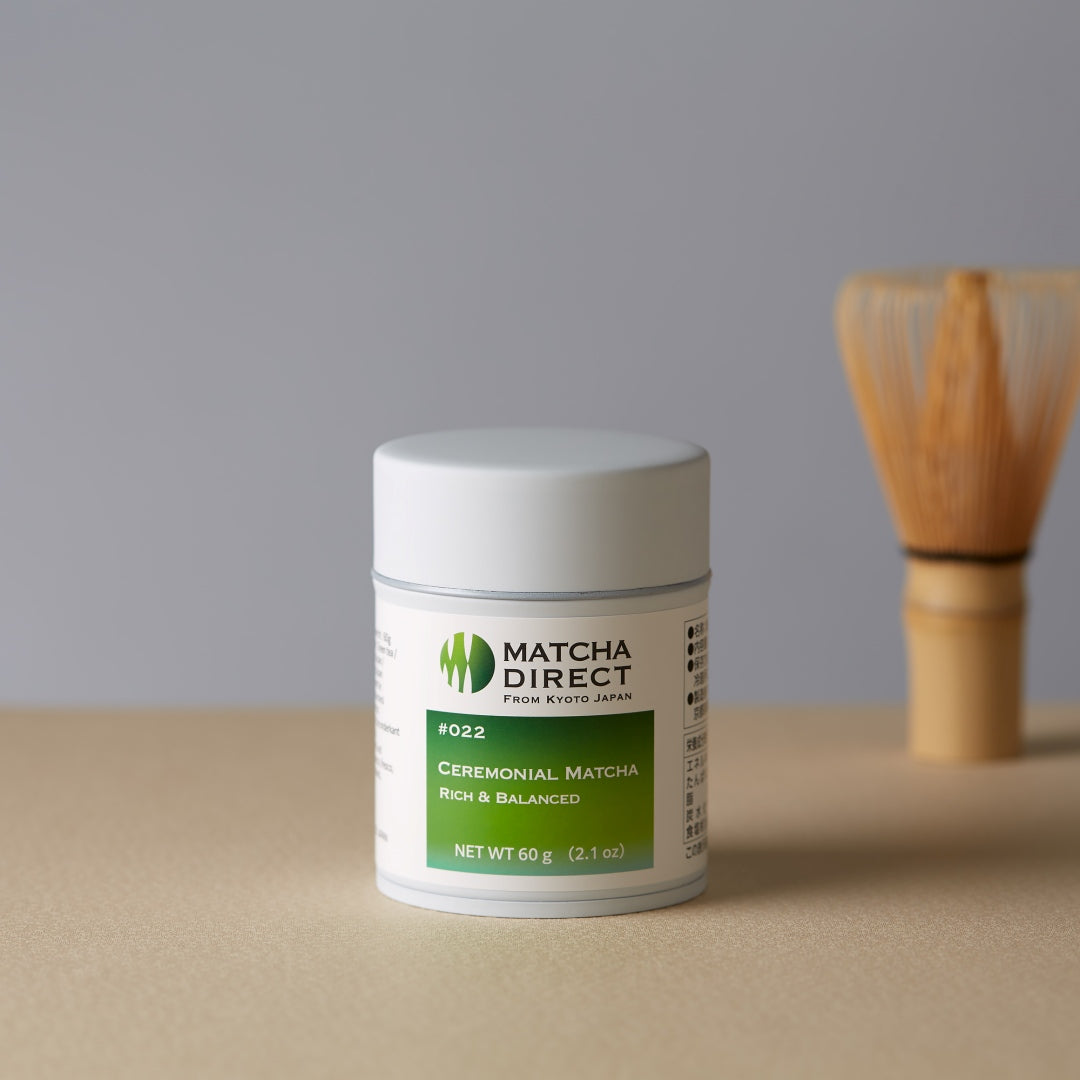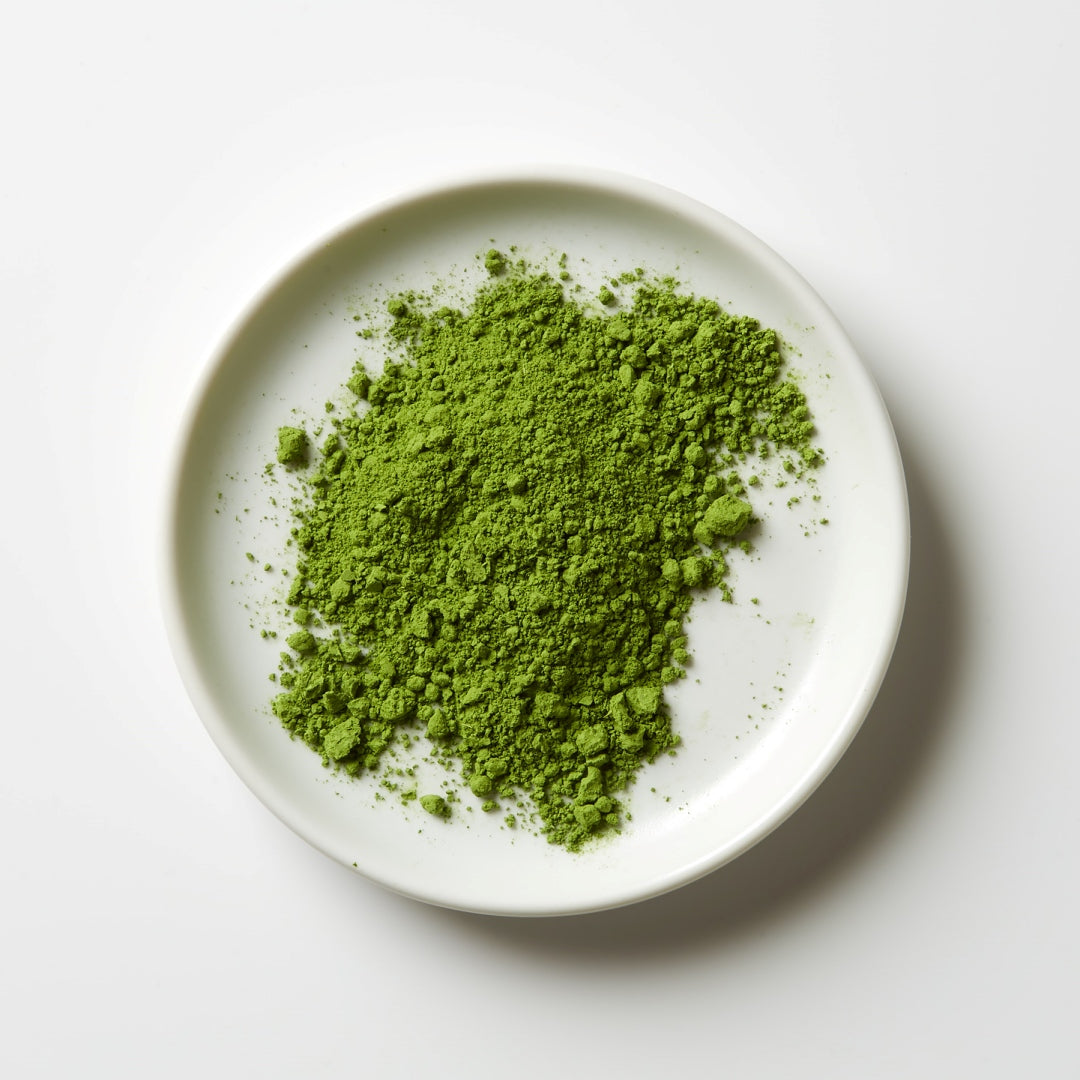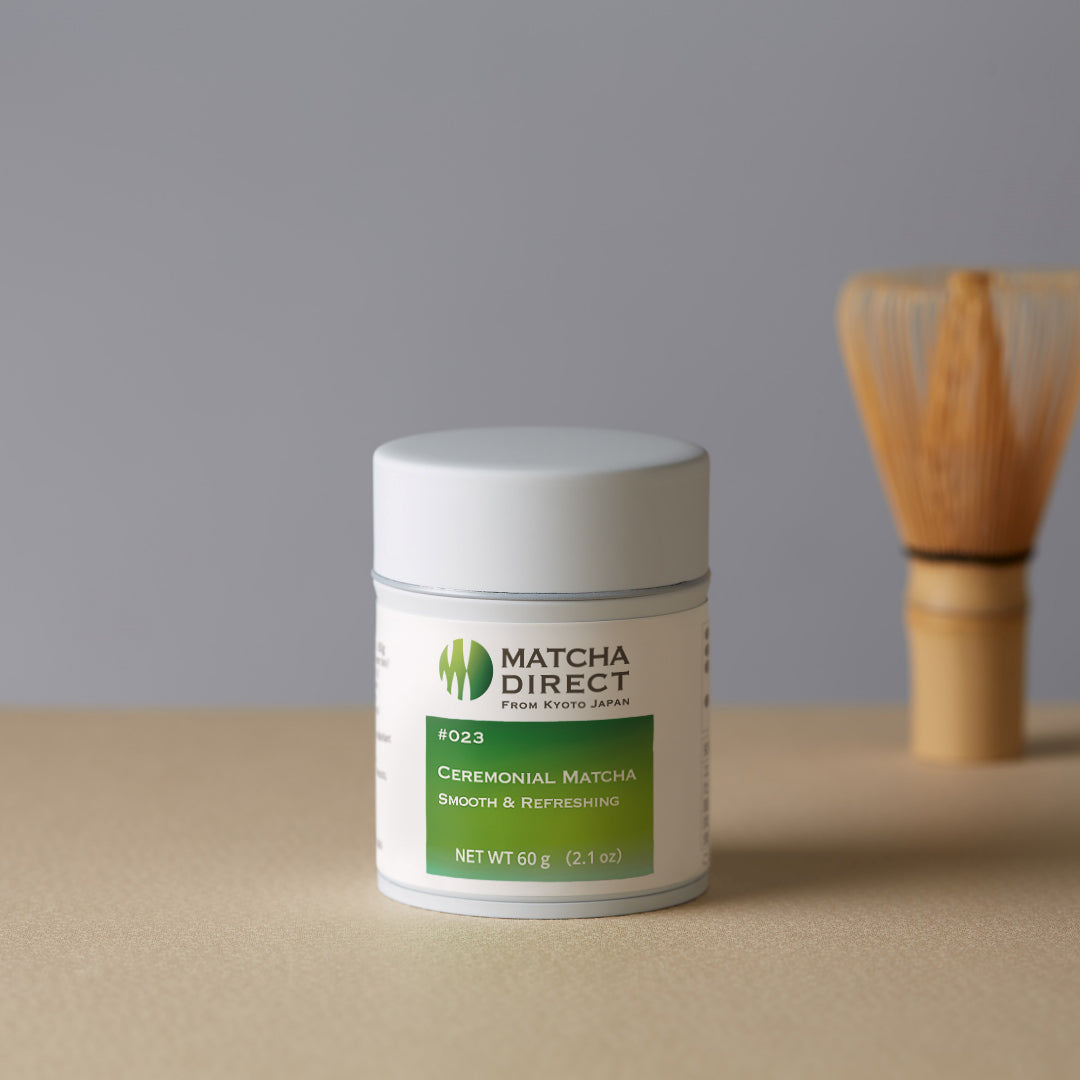Coconut Water Matcha

If you’re interested in matcha, you’ve probably wondered at least once, “What goes well with matcha?”
In recent years, with the rise of health consciousness and the influence of social media, a new drink style has been gaining attention: matcha coconut water. This combination has won many fans with its beautiful appearance and simple yet refreshing taste.
This article introduces the appeal of combining matcha with coconut water, their flavor compatibility, and ideas for enjoying this unique pairing.
The Compatibility of Matcha and Coconut Water
At first glance, the calm, traditional flavor of matcha—symbolic of Japanese culture—and the tropical impression of coconut water may seem incompatible.
However, in reality, the moderate bitterness of matcha, the natural sweetness of coconut water, and the clean, refreshing mouthfeel combine to create a surprisingly well-balanced harmony. This pairing enhances, rather than masks, the authentic flavor of matcha and is highly appreciated by many.
The taste is refreshing and ideal for a change, while also gaining popularity as a natural, healthy beverage.
Overall, matcha and coconut water complement each other beautifully, forming a well-matched and harmonious combination that brings out the strengths of both ingredients.
What Kind of Drink Is Matcha Coconut Water?
Simple Yet Deeply Satisfying
As its name suggests, matcha coconut water is a simple drink made by combining matcha with coconut water.
Since it contains no milk or sweeteners, you can enjoy the pure aroma and flavor of matcha directly. At the same time, the refreshing notes and gentle fruitness of coconut water create a unique sense of lightness and drinkability.
How It Differs from a Latte
A similar recipe using matcha and coconut is the coconut matcha latte, which uses coconut milk and is characterized by a rich, creamy taste. Among plant-based milk lattes, coconut milk tends to have higher fat and calorie content.
In contrast, matcha coconut water has a lighter texture and a cleaner flavor. It’s perfect for those who prefer a refreshing drink, want something light, or are mindful of calories. It’s also favored by those with a health-conscious lifestyle.
Tips for Enjoying It at Its Best
To make your matcha coconut water even more delicious, it’s worth paying attention to the quality of the matcha you use.
While Culinary Grade Matcha is suitable for lattes or baking, when combining with simple ingredients like coconut water, using high-quality Ceremonial Grade Matcha—which brings out the delicate natural flavor of matcha—is recommended.
Nutritional Components of Matcha Coconut Water
Since matcha coconut water is made with simple ingredients, many may wonder what nutrients it contains. The following is an overview of the main nutrients and their characteristics.
Nutrients in Matcha
Matcha contains a well-balanced variety of nutrients.
One key component is theanine, which contributes to matcha’s distinctive umami flavor and is known to promote a gentle sense of relaxation. On the other hand, caffeine helps refresh your mood and support concentration. However, since caffeine is absorbed quickly, it can sometimes cause a “caffeine crash,” where energy levels drop sharply after a temporary boost.
Theanine helps mitigate caffeine’s stimulating effects, allowing for a smoother and longer-lasting sense of alertness.
Matcha also contains catechins—especially epigallocatechin gallate (EGCg)—which are known for their strong antioxidant properties. Additionally, it’s rich in dietary fiber, which supports digestive health. Since matcha is consumed by ingesting the whole tea leaf, it allows for more efficient intake of nutrients compared to steeped teas.
Nutrients in Coconut Water
Coconut water is valued as a natural beverage rich in minerals.
Potassium, in particular, is noteworthy for helping regulate the body’s fluid balance. It also naturally contains sodium and magnesium, making it suitable for hydration and slight refreshment in everyday life.
Coconuts has a gentle, natural sweetness, so it can be enjoyed without artificial sweeteners or additives. With its relatively low calorie content, it fits easily into a healthy lifestyle.
Thus, matcha coconut water is a simple yet body-friendly natural drink that lets you enjoy both matcha’s abundant nutrients and coconut water’s minerals at once. Its natural flavor and balanced nutrition make it an increasingly popular choice for daily wellness.
Frequently Asked Questions About Matcha Coconut Water
Q: Is coconut water with matcha good?
A: Yes, matcha and coconut water are an excellent combination.
The moderate bitterness and depth of matcha’s unique flavor are gently complemented by the natural sweetness and refreshing quality of coconut water. It softens matcha’s astringency and leaves a clean aftertaste, making it an easy-to-drink, refreshing beverage loved by many people.
Q: Does matcha coconut water contain caffeine?
A: Yes, it contains caffeine derived from matcha.
The caffeine content of matcha is generally comparable to that of coffee, but its effects differ. While caffeine in coffee acts quickly, the theanine in matcha slows its absorption, making the stimulation gentler and helping prevent caffeine crashes.
However, since the amount of caffeine itself is not reduced, those who concerned about caffeine intake should be mindful of the timing and amount consumed.
Q: How many calories are in matcha coconut water?
A: As a rough estimate, one serving of matcha (about 2g) contains about 5 kcal, and one cup of coconut water (240ml) contains about 45.6 kcal. U.S. Department of Agriculture
Combined, that’s roughly 50 kcal, making it a low-calorie drink. Since it can be enjoyed without sweeteners or dairy, it’s a natural and healthy option for those seeking a light beverage.
Q: Who is matcha coconut water recommended for?
A: It’s perfect for those looking for a body-friendly drink made from natural ingredients.
The gentle sweetness of mineral-rich coconut water and the deep flavor of matcha blend beautifully, creating a simple yet satisfying drink.
It’s ideal for a refreshing break or a quick mental reset during work or household tasks.
Please note that matcha contains caffeine, so those who are sensitive to it may want to adjust the timing of when they drink it. It’s great for starting your morning or boosting focus in the afternoon, depending on your needs.










